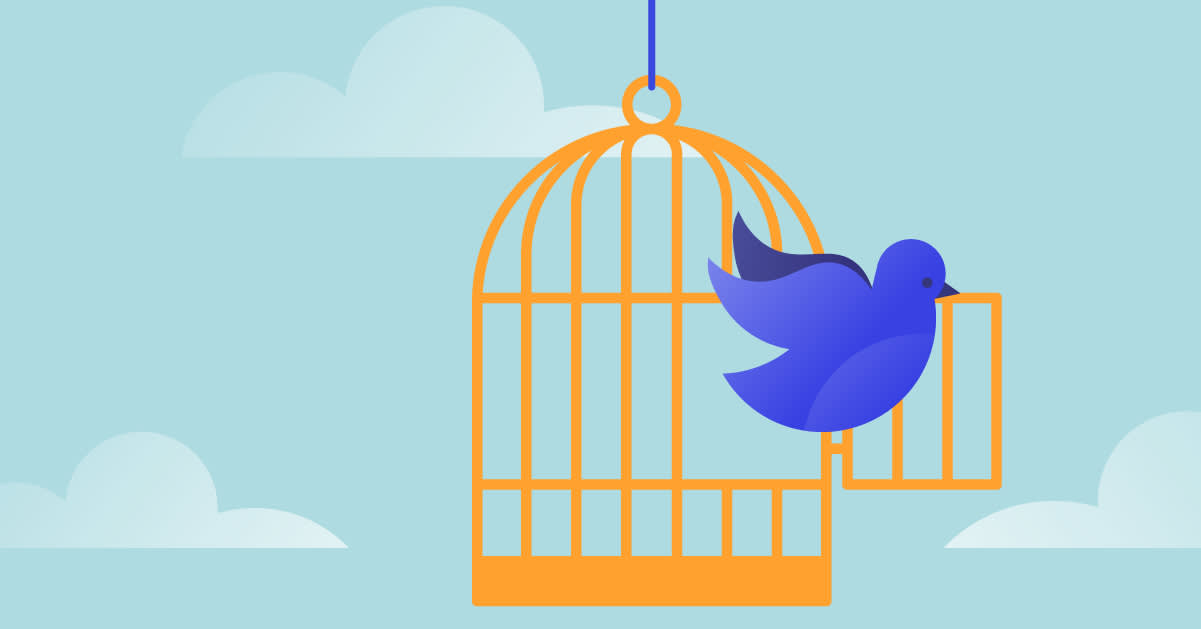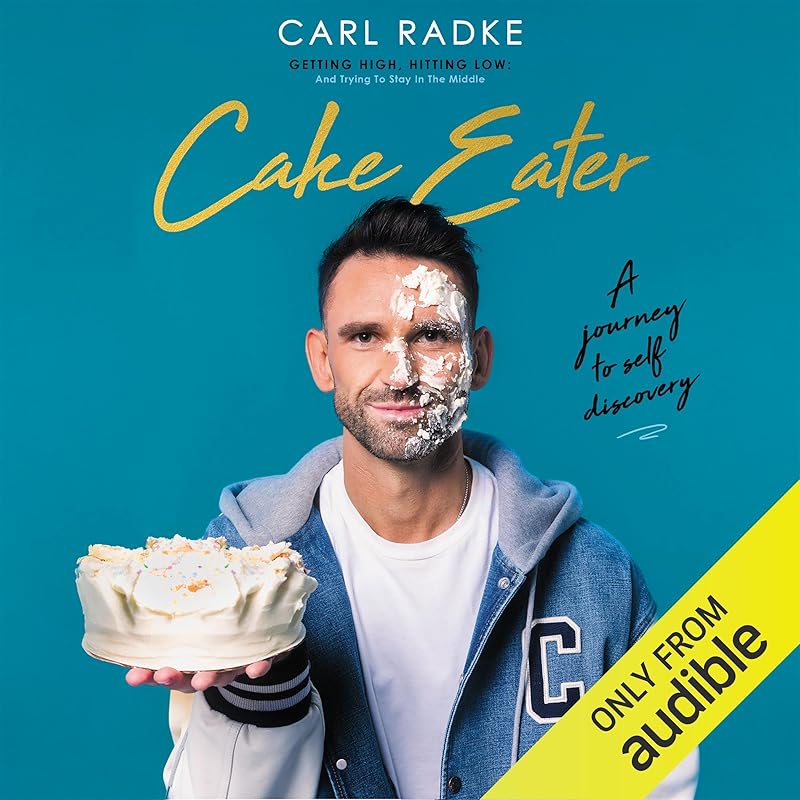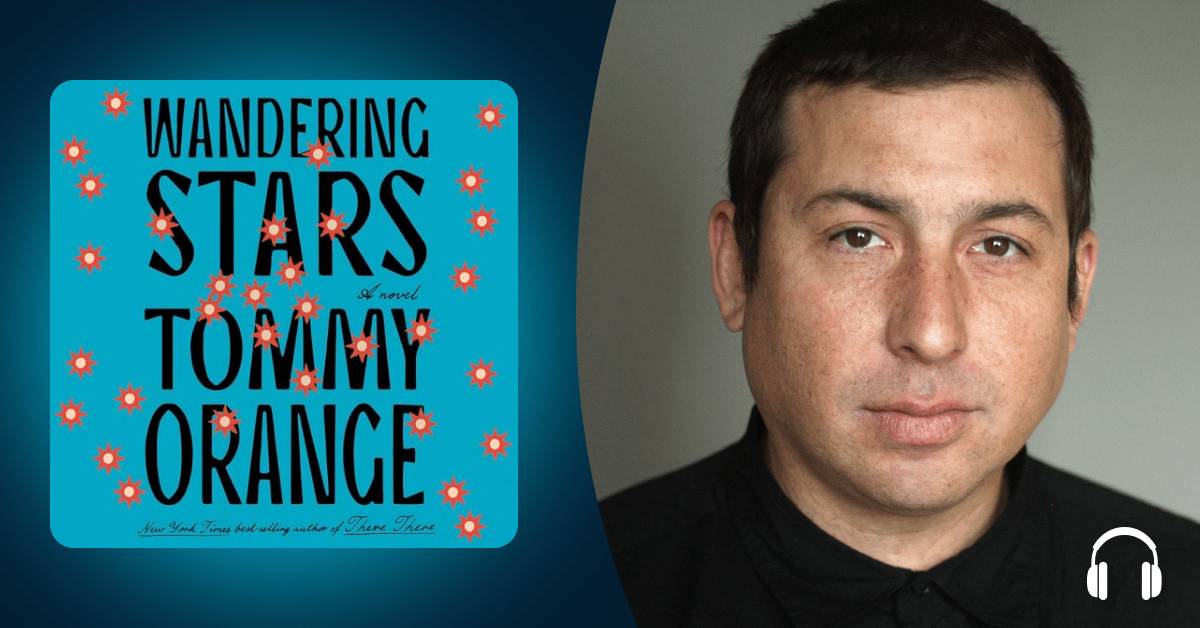When I quit drinking almost seven years ago, the alcohol-free landscape was pretty ... dry. Life without booze felt like an ascetic feat of abstinence and 12-step programs, not a cool lifestyle option. Instead of shops and bars overflowing with artisanal elixirs, eight kinds of hop water, and mock mezcal, there were a few dusty bottles of syrupy fake wine on the lowest shelf in the liquor store and, if you were lucky, a lone nonalcoholic beer on tap. Book publishing followed a similar trajectory. We did have addiction memoirs—wild stories of the drunken descent and rock-bottom landing before the requisite rehab-and-recovery arc—but just a few classic manuals on the science and psychology of alcohol and practically nothing for someone considering a temporary break.
These days, you don’t have to hit bottom to quit drinking—you don’t even have to quit. To be “sober curious” could mean embracing sobriety during Dry January or Sober October, being more mindful about alcohol consumption, or digging into the growing genre of “quit lit” for a peek at life on the other side. Many of these titles are strangely powerful—I’ve talked and talked about how, after more than a decade of wondering and worrying, I finally quit drinking after one audiobook. In fact, I quit before I even finished the book. (Thanks again, Annie Grace.)
Audio is an ideal medium for the topic. An author-narrated memoir feels especially intimate, like a friend confiding over coffee. Most important, listening can be a powerful way to replace the voice in your head with a new one—one that’s nonjudgmental, informed, and interesting. These audiobooks, from memoirs and novels to tactical how-tos, are listener favorites—edifying for anyone at any stage, whether you listen with a sparkling seltzer or cold beer in hand. And who knows? One of them might be the magic bullet for you.
Note: If you think you might have a dependency on alcohol, it’s important to consult with a doctor as stopping on your own can be dangerous or even fatal. Call the Substance Abuse and Mental Health Services Administration hotline anytime at 1-800-662-HELP (4357) for more information, and remember, you don’t have to go it alone.
Memoirs on alcohol addiction and recovery
For fans of celebrity memoirs, Cake Eater is also an unfiltered journey of recovery, resilience, and transformation. In this self-narrated audiobook, Carl Radke, star of Bravo’s Summer House, reveals his life off-camera, including his journey to sober living. If you’ve ever worried that your fun, social side needs alcohol to exist, Radke’s raw and relatable experience of healing and self-discovery will be a revelation—maybe just the one you need to hear.
This is the recovery memoir of Running with Scissors phenomenon Augusten Burroughs, and also his best. Burroughs writes with a kind of raw vulnerability and honesty that knocks you sideways, or as listener Jennifer says, “leaves you wanting to order seltzer and smoke a pack of Marlboro reds on a stoop with him telling stories.“ The author narrates himself, as if we’d have it any other way.
With her wild and wonderful memoir Stash, podcast host Laura Cathcart Robbins brings much-needed Black representation to the white-woman-dominated genre of quit lit. Listener Aebrady calls it “outstanding” and says, “I’m glad the author chose to record it. Her road to recovery reminds us there is no right way to get sober.”
Author and podcast host Laura McKowen voices her own story of addiction, recovery, and redemption in this bestselling memoir that is beloved in sobriety circles. Listener Lu calls it “a gem and a keeper.” McKowen’s 2023 follow-up Push Off from Here continues the journey with nine foundational building blocks for folks at any stage of sobriety.
Jessica Hoppe’s self-narrated debut is a shattering account of her journey to get and stay sober as well as a powerful attempt to “decolonize recovery” by interrogating stereotypes about people of color and substance abuse. Listener Sandra says, “Jessica really poured a part of herself into all of us with this book. Her story is moving and inspiring. She touches on so many subjects that, as a Latina woman, I could relate to and really needed someone to share. This book makes you feel seen and heard.”
Sarah Hepola’s deep, funny memoir is especially good for those who black out when drinking. Her “diving board” analogy helped me tremendously: some of us hang out on the board for years, trying to figure out how to get in the water. This book has helped a LOT of people jump—and then find out that the water's fine.
Another self-narrated memoir, Sarah Levy’s Drinking Games stands out for its intimacy, introspection, and interrogation into how ingrained alcohol is in the lives of 20-somethings, and how freeing it can be to opt out. Listener Sarah says she “would recommend to anyone who knows deep down they want to stop drinking, but needs the inspiration (instead of something bad) to push them to do so.”
Thrilling, heartbreaking, and ultimately uplifting, Cupcake Brown’s memoir is a tour de force of honesty and resilience that will stay with you forever. Navigating drug addiction, alcohol abuse, parental loss, rape, prostitution, and homelessness, Cupcake’s life story is a delirious disconnect from the sugar-sweet implication of its title. And yet, it’s dazzling, funny, and thanks to Hall of Fame narrator Bahni Turpin, an audio experience to savor.
Caroline Knapp’s pioneering memoir, read by star narrator Gabra Zackman, is packed with insights on alcohol dependence from a woman’s perspective, crossover addictions like food and alcohol, and her own candid road to recovery. Despite the title, it has the effect of making you want to put your drink down, not pick one up.
People who imbibe a LOT of recovery memoirs agree that Quitter is one of the best. Reporter Erica C. Barnett, channeled here by accomplished narrator Jean Ann Douglas, takes listeners through the highs, lows, and hard-won insights of her alcohol addiction in this harrowing but invaluable audiobook.
Former 20/20 anchor Elizabeth Vargas’s memoir is a modern classic for a reason. Recovering not only from alcohol abuse but also panic attacks and anxiety, Vargas explores how these issues had been deeply interconnected since childhood in this award-winning transformational listen, which she narrates herself.
An absolutely wild memoir of drug addiction, fashion magazines, New York nightlife, and self-sabotage, Cat Marnell’s How to Murder Your Life has a shimmering, sneakily genius voice at its center. While it’s not about alcohol specifically, listener Tammy says, “Every addict can relate to this. I felt every word and hope you are still on your recovery journey.”
Nonfiction listens for the sober-curious
Holly Whitaker is a pioneer of sober storytelling, having founded the recovery communities Tempest and Hip Sobriety before releasing her bestselling audiobook Quit Like a Woman. Now, her new month-long guide, 30 Days to a New Relationship with Alcohol, brings you a daily 5- to 10-minute reflection to help change your relationship with alcohol, based on Whitaker's personal experience and grounded in the latest research.
it's always inspiring to hear firsthand stories from those who've been there before, and luckily, there are a lot of sober celebrities sharing how giving up alcohol has changed their lives for the better. One of the most outspoken is Chrissy Teigen, whose new podcast explores a spectrum of well-being topics (i.e., not just sobriety) with some of the world's leading experts and thinkers. Self-Conscious with Chrissy Teigen provides an inspiring and engaging environment for listeners to expand their self-awareness and gain the insights and practical tools they need to lead healthier, happier, and more productive lives.
Like Alan Carr's Easy Way to Control Alcohol, a classic in its own right, Annie Grace's This Naked Mind works by speaking to your subconscious mind, helping to change your inner attitude toward alcohol for good. The effect is that you no longer rely on willpower to succeed as quitting becomes a joyful, positive, and judgment-free change that comes from within.
Meditator Diego Perez, better known to his many fans as Yung Pueblo, narrates this uplifting, healing audiobook borne of personal experience with drug addiction, anxiety, and fear. Following his impactful curriculum has helped listeners dial into their intuitions, heal the root causes of trauma and addiction, and feel lighter and more fulfilled.
The best parts of AA, at least for me, were the colorful anecdotes and lovely people. Drunks tell a great story, even when the alcohol is gone. Mishka Shubaly’s Cold Turkey functions as a hybrid memoir and how-to manual, teeming with messy details and hard-won wisdom. It’s a great listen for anyone looking to recover outside of a traditional 12-step program.
The first installment of Catherine Gray’s Unexpected Joy series takes a three-pronged approach to helping reduce or eliminate alcohol, combining personal experience with factual reporting and expert input. An Amazon customer writes, “Catherine gives an incredible performance, weaving memories into lessons, lessons into science, science into faith. Being almost a week sober and listening to this book helped me push past those first few rough days. I feel so much less alone.”
In the 2020 follow-up to his classic Alcohol Explained, William Porter develops his insights and shares the tools you need to take control. Listener William describes it as an “objective approach” and says, “His method is to completely rethink and approach the subject rationally. His technique is straightforward and objective. He’ll give you the tools you need and show you that reality is on your side.”
Intelligent and effective, Alcohol Lied to Me is one of the best-rated sobriety books, as countless five-star reviews attest. Is it Craig Beck’s pleasing British accent? His self-deprecating (and also British) humor? While these are part of the charm, the simple fact is that, for some, it just works. Listener Melissa says, “I truly believe this book saved my life,” while Jen says, “The author was so nonjudgmental and kind in his delivery. He was funny, incredibly interesting, and educational. I felt supported when listening to him, and the shame I feel as an alcoholic actually started to dissipate. It was really quite incredible.”
This isn’t the first time the Hungarian-Canadian psychologist and physician Gabor Maté has written about addiction—his In the Realm of Hungry Ghosts is considered canon. But this 2022 instant bestseller, narrated by his son Daniel Maté, makes the bold, persuasive argument that our modern society breeds addiction—and points to a path for healing.
Novels that will make you rethink drinking
Kaveh Akbar’s startling debut, a finalist for the National Book Award, is an Audible house favorite that teems with beautiful language and insights on addiction. Protagonist Cyrus Shams is a recovering alcoholic, aspiring poet, and orphaned son of Iranian immigrants. As channeled by acclaimed actor Arian Moayed of Succession fame, Cyrus will keep you hooked to his story as he tries to shake his demons and find his voice.
This delightful debut comes out in December, but it’s too charming to leave off the list. Karissa Vacker narrates the relatable story of Emma, who’s ringing in one year of sobriety from alcohol with the realization that it’s also been a year without a date. As she psyches herself up to get back out there, can she mix and mingle without a drink? What about plan an office party, or deal with her family? As anyone who’s spent some time sober could tell her, life is still messy without alcohol—but it’s worth it.
Tommy Orange's gorgeous follow-up to There There is at once prequel and sequel, historical and contemporary fiction, and a marvel of multicast audiobook narration. What's more, it is packed full of mind-blowing wisdom on addiction and trauma, such as “A bad thing doesn’t stop happening to you just because it stops happening to you” and “Every day is life convincing us it’s not a loop. Addiction is that way too.” The narrative also confronts the historical roots and contemporary echoes of Native Americans’ relationship to alcohol, and the “Red Road” to recovery and well-being.
A vivid portrayal of 1980s Glasgow, Douglas Stuart’s debut novel is a story of addiction, poverty, and abuse. If that sounds hard, let narrator Angus King’s glorious voice invite you in. Viet Thanh Nguyen told us, “I wanted to listen to this book because I wanted to hear the accents of this Scottish world. You will root for Shuggie as he struggles to make his way through a lonely childhood and adolescence, but what is surprising is that you will root for his mother, the hopelessly alcoholic Agnes, too.”
Speaking from experience, I’m not sure anything could be scarier to a drunk than an entire winter snowed in without a drop of booze in sight. Famously drawing on horror legend Stephen King’s own struggles with drinking, The Shining confronts the corrosive effects of alcoholism on Jack Torrance and his family, so much so that you might wonder whether the Overlook Hotel is just one big, scary metaphor for addiction itself. King went further with the theme in the acclaimed sequel, Doctor Sleep.





























